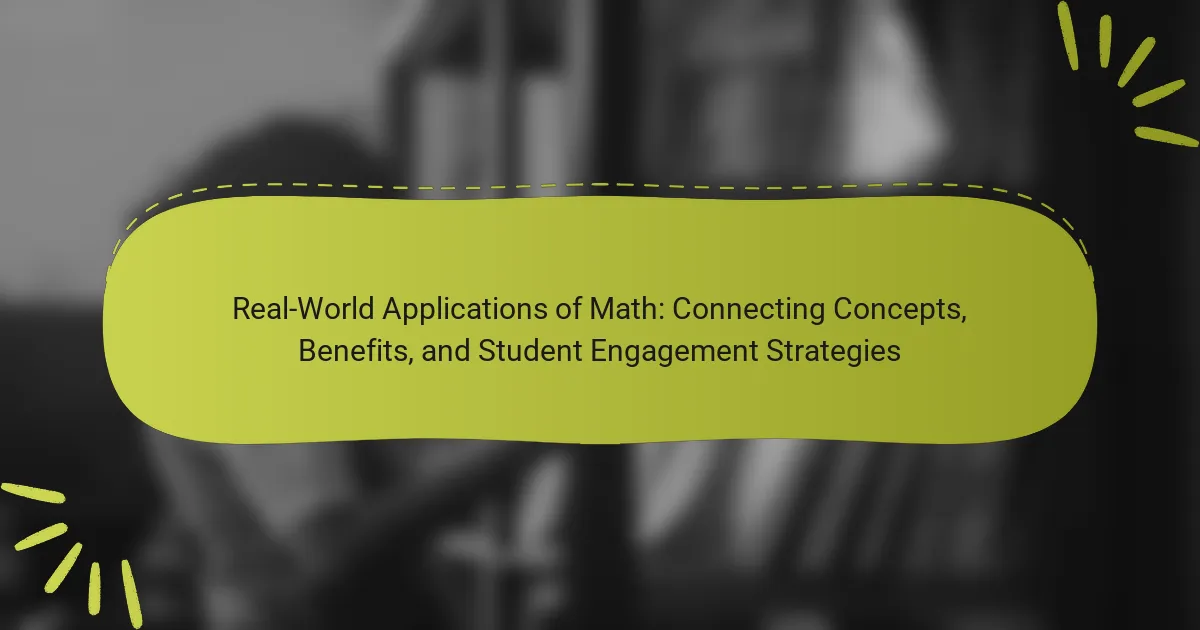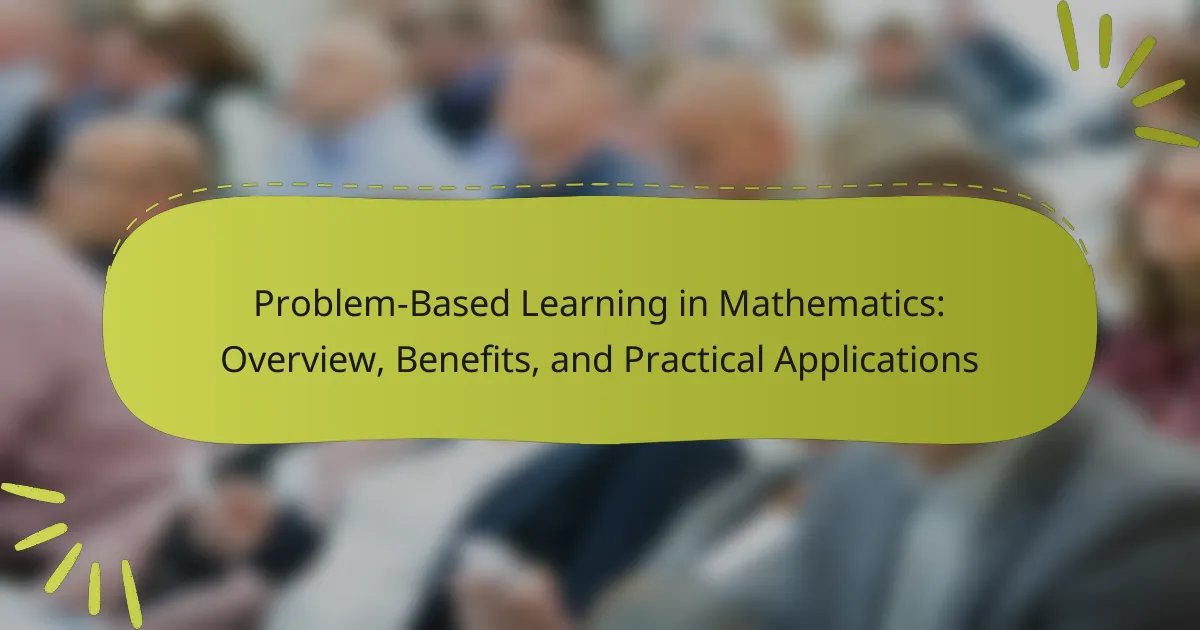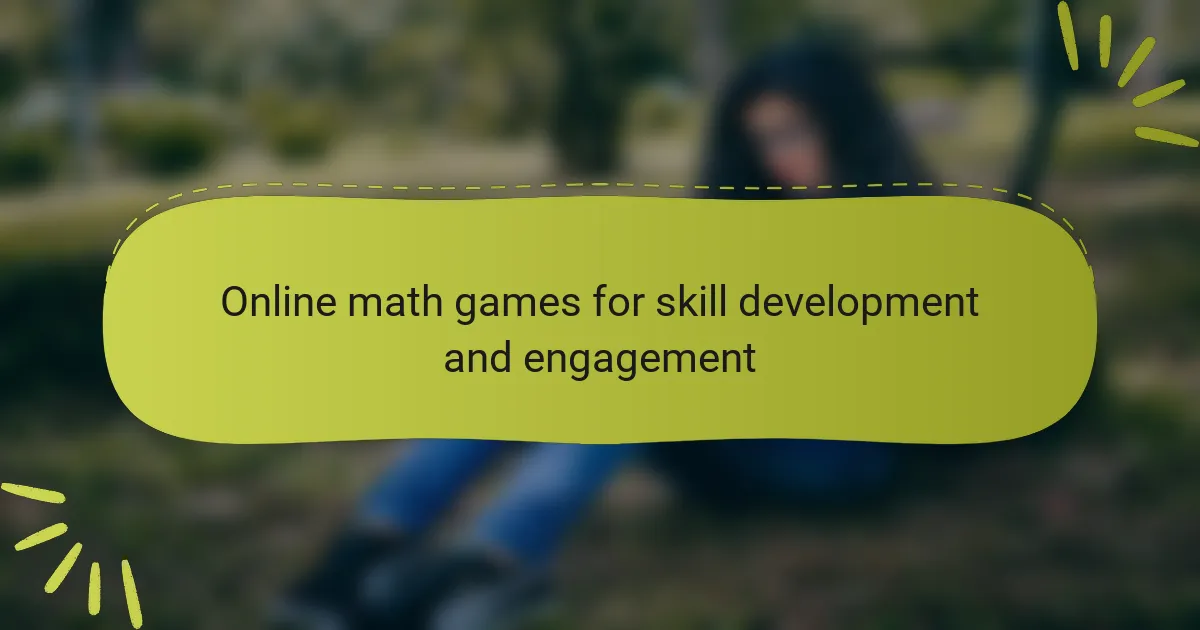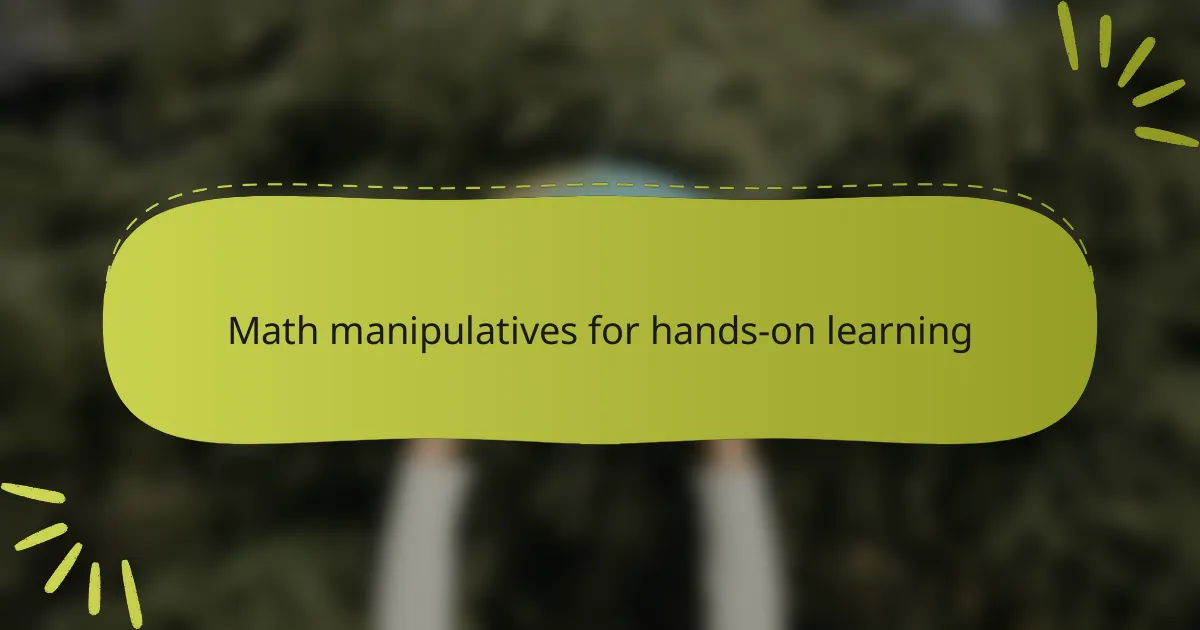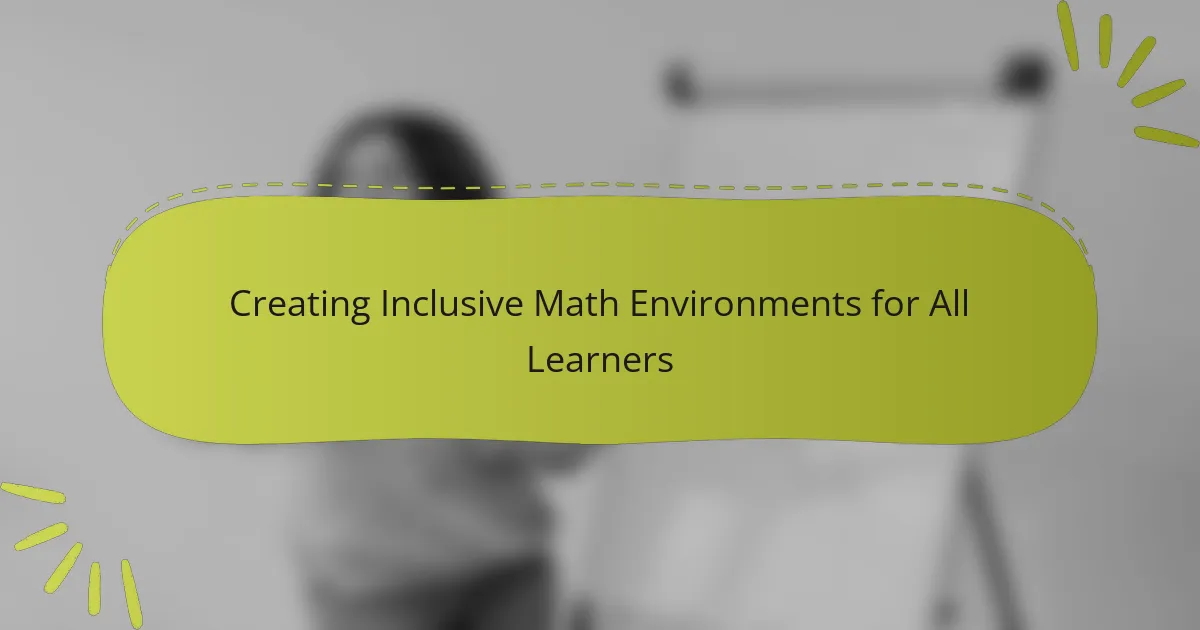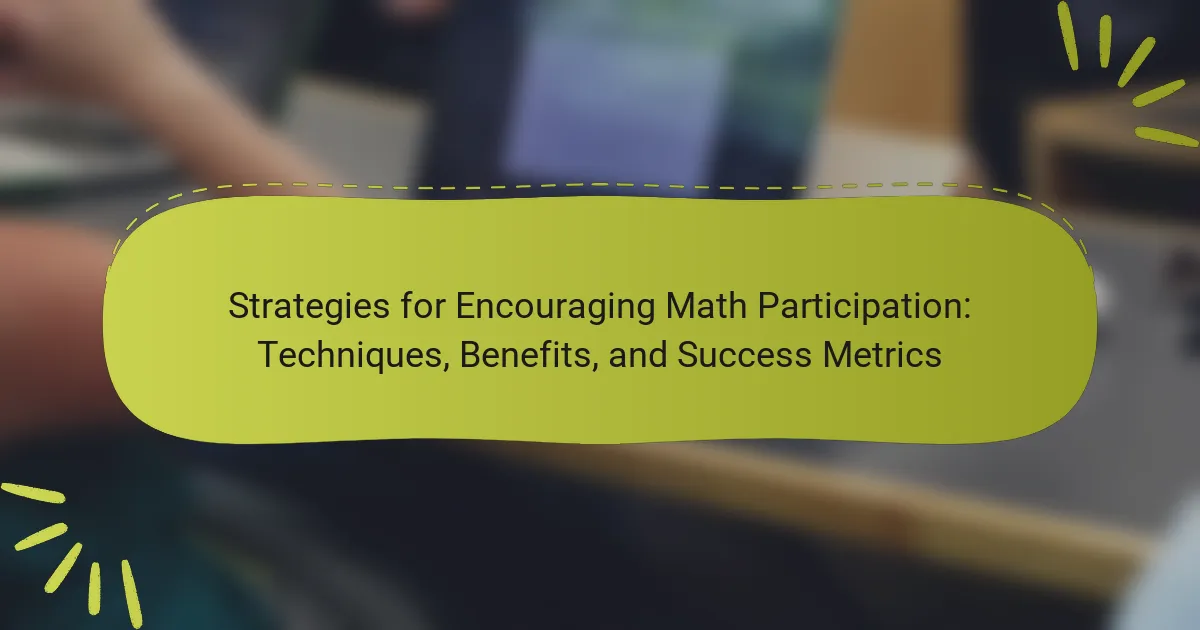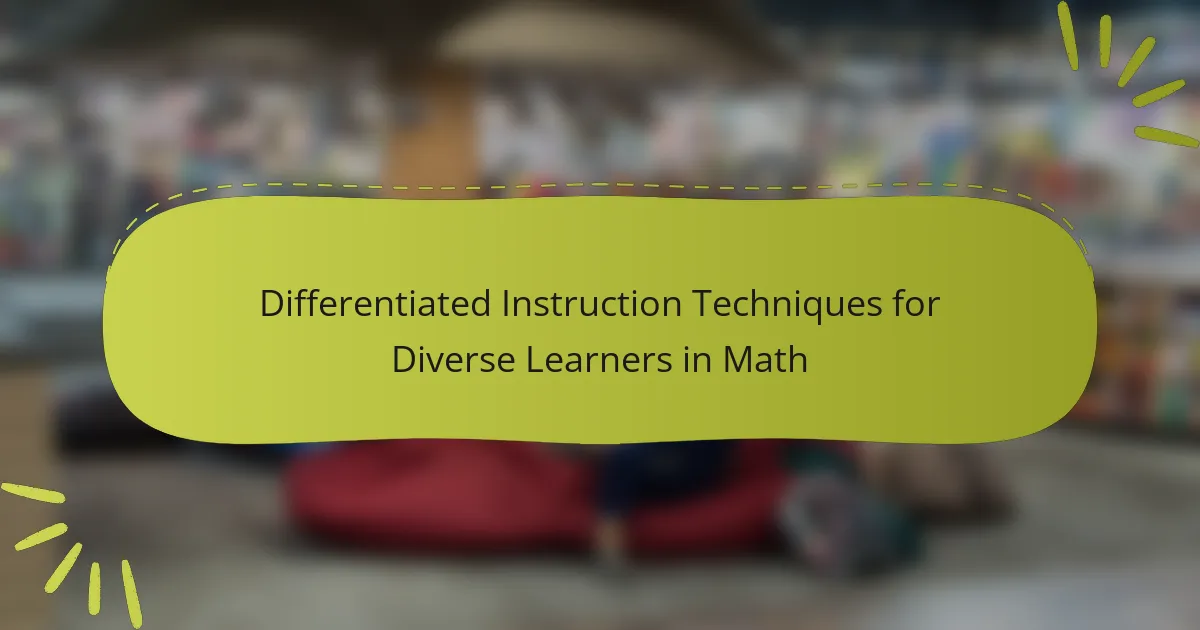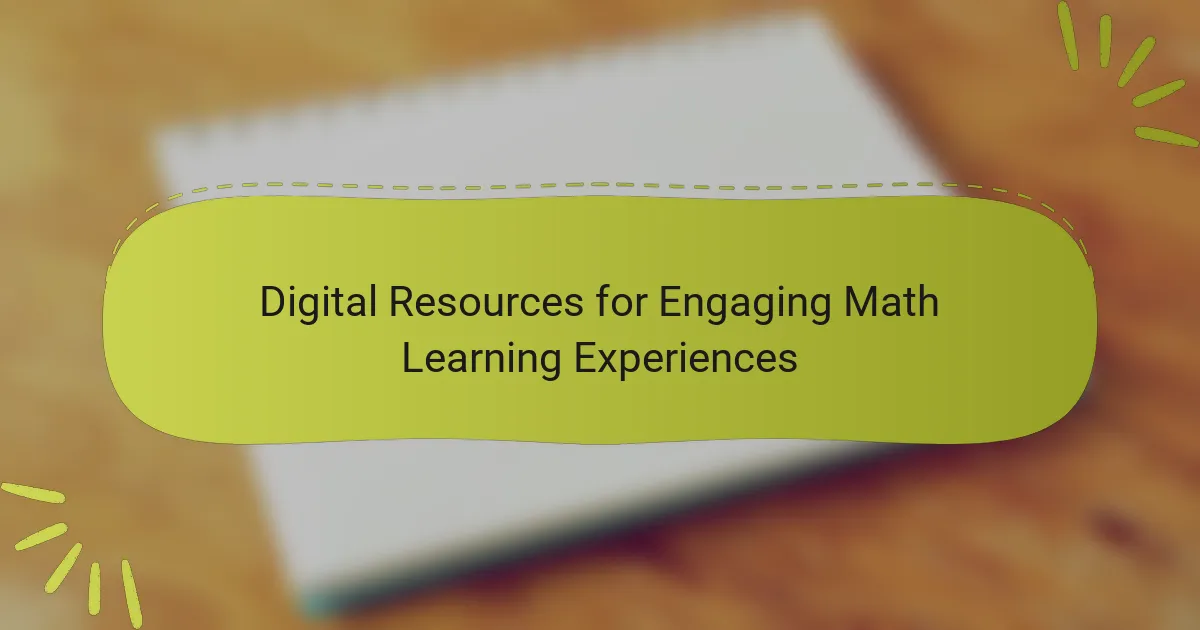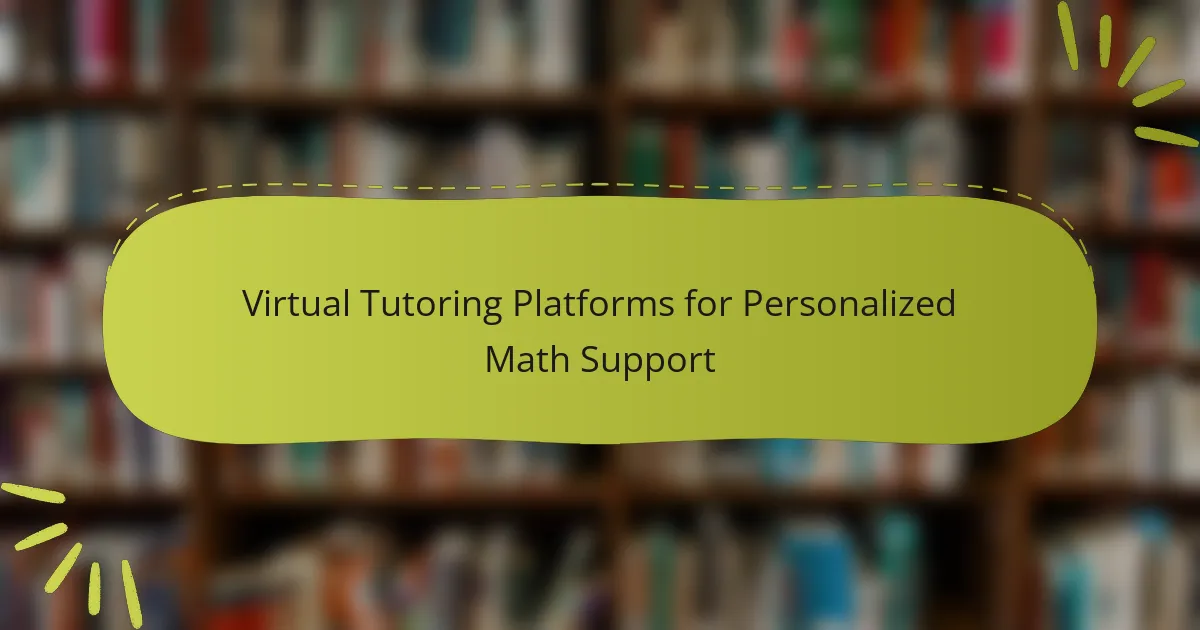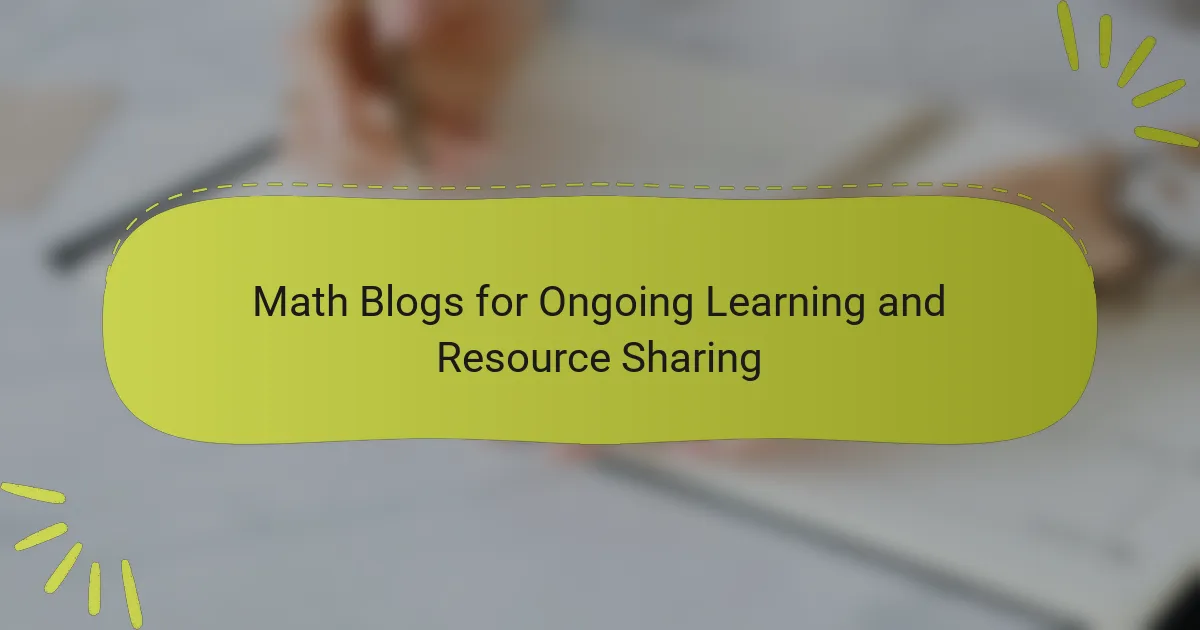
Math Blogs for Ongoing Learning and Resource Sharing
Math blogs serve as online platforms for ongoing learning and resource sharing in the field of mathematics. These blogs provide educational content, including tutorials, problem-solving strategies, and teaching tips, aimed at students, educators, and math enthusiasts. They facilitate community engagement through comments and discussions, allowing users to share insights and resources. Effective math blogs incorporate…
